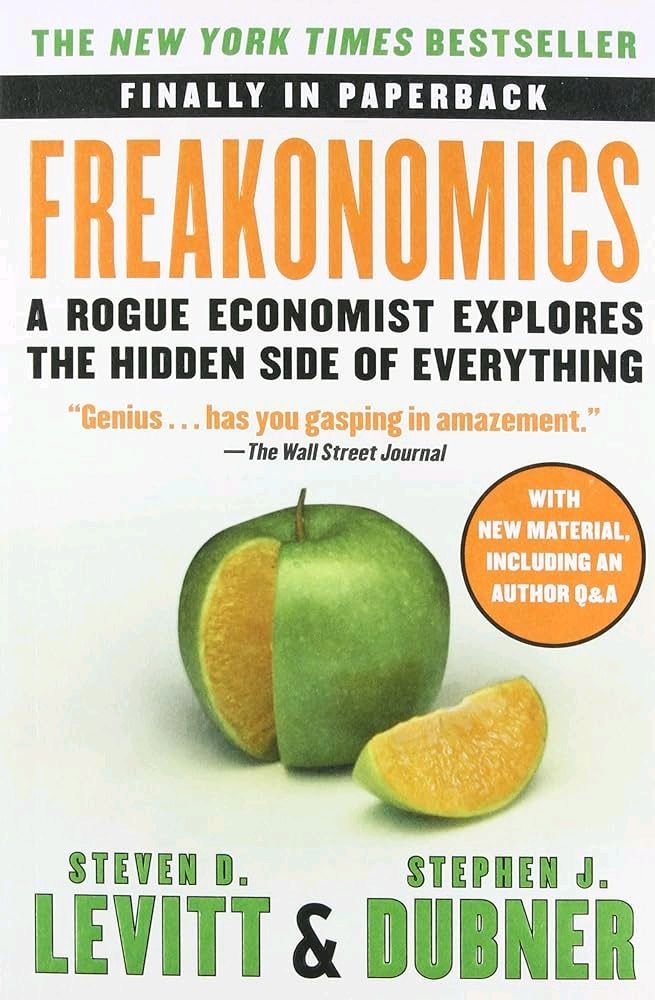The Dangers of Making Economic Decisions Based on Good Intentions from "summary" of Economics in One Lesson by Henry Hazlitt
The road to economic ruin is often paved with good intentions. It is a common mistake to base economic decisions on what we perceive as noble or compassionate motives. While the intentions may be pure, the consequences can be disastrous if they are not backed by sound economic reasoning. When policymakers make decisions based solely on good intentions, they often fail to consider the broader implications of their actions. They may focus on the immediate benefits to a particular group or industry, without taking into account the long-term consequences for the economy as a whole. This narrow focus can lead to unintended negative outcomes that harm the very people they were trying to help. One of the dangers of making economic decisions based on good intentions is the potential for unintended consequences. For example, policies aimed at protecting domestic industries from foreign competition may seem like a good idea in the short term. However, these protectionist measures can lead to higher prices for consumers, reduced innovation, and retaliation from trading partners, ultimately harming the economy and the very industries they were meant to protect. Another risk of relying on good intentions alone is the distortion of incentives in the market. When policymakers intervene in the economy to achieve a particular goal, such as reducing inequality or promoting social welfare, they may inadvertently create perverse incentives that encourage undesirable behavior. This can lead to inefficiencies, corruption, and a misallocation of resources that ultimately undermine the intended objectives. In order to avoid the pitfalls of making economic decisions based on good intentions, it is essential to apply a rigorous economic analysis to assess the costs and benefits of proposed policies. This requires looking beyond the immediate effects on a particular group or industry and considering the broader impact on the economy as a whole. By taking a more holistic approach to economic decision-making, policymakers can better ensure that their actions will achieve the desired outcomes without unintended negative consequences.Similar Posts
Prices help convey information about supply and demand
Prices are not just arbitrary numbers assigned to goods and services in an economy. They play a crucial role in conveying infor...
Individual initiative drives economic success
The idea that individual initiative drives economic success is a central tenet of the free market system. When individuals are ...
Ideological beliefs hinder progress
In a world where ideological beliefs reign supreme, progress becomes a distant dream. The rigid adherence to partisan dogma bli...

Evolutionary progress is messy but effective
In the grand scheme of things, the path of progress is rarely straightforward or smooth. Instead, it is often marked by twists,...

Government intervention can lead to positive outcomes
Government intervention can lead to positive outcomes in various ways. One key aspect is the ability of governments to correct ...
Economic systems vary in how they allocate resources and distribute goods and services
Different economic systems have their own unique ways of deciding how resources should be allocated and goods and services dist...

Success is often the result of strategic decisions
Success, in many cases, can be attributed to the strategic decisions made by individuals. These decisions, whether conscious or...
Innovation drives economic advancement
Innovation is a key driver of economic advancement. It refers to the development and application of new ideas, products, proces...

Experiment and learn from mistakes
The key to thinking like a freak is to embrace the idea of experimenting and learning from mistakes. This concept is crucial be...

Utilizing data effectively can provide a competitive edge
In the business world, the use of data has become increasingly important when it comes to gaining a competitive advantage. Comp...
